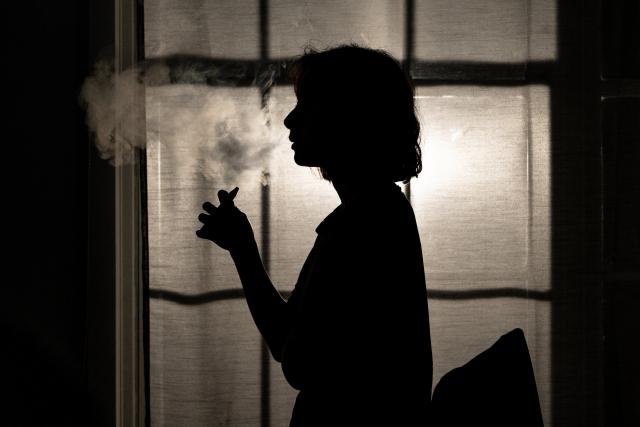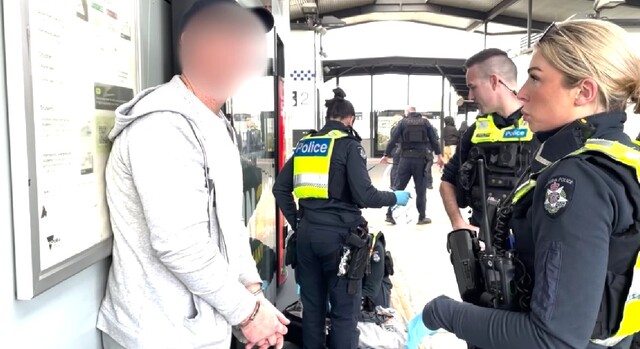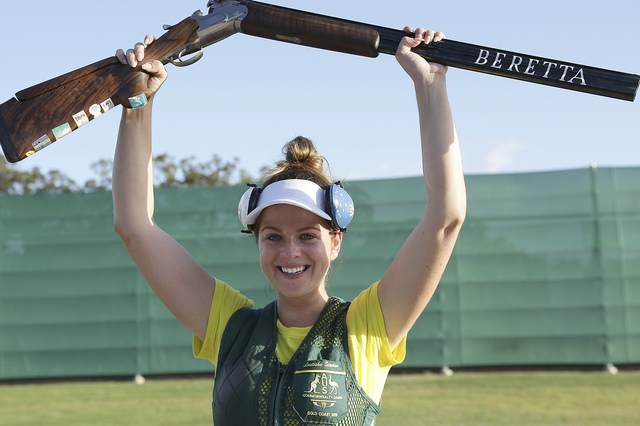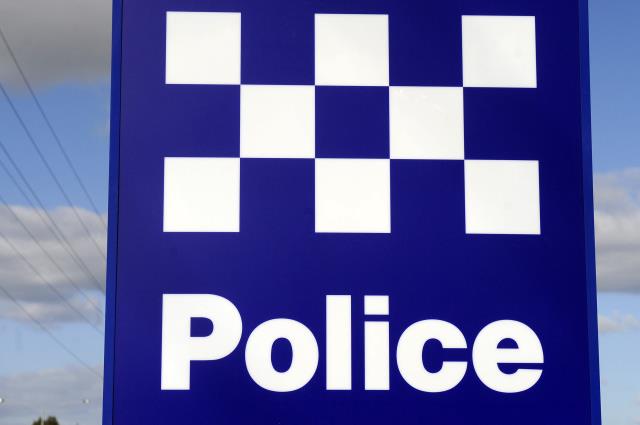Vaping’s health dangers are widely underestimated by its growing legions of young users, a Monash Health webinar was told.
The event Understanding Vaping featured guests from Drug Education Australia, Monash Childrens Hospital, Quit Victoria and City of Casey.
Among 14-17 year olds, vape use had risen from 1 per cent to 14.5 per cent in the past five years, according to Quit Victoria data.
The rate had jumped from 11.8 per cent in 2022.
Sharon Torpey, co-founder and director of Drug Education Australia, said the prevalence of vaping was “alarming” and unhealthy.
It was also fueling the first spike in cigarette smoking among young people in nearly 25 years. Vape users have been found to be three times more likely to start a cigarette habit, she said.
Ms Torpey recommended parents to have positive conversations with their children so they can make informed decisions.
Young people were vaping to cope with stress, anxiety and depression, to avoid eating, or as a result of peer pressure.
They were getting addicted to nicotine hits in what were misleadingly labelled as ‘non-nicotine’ vapes.
Ms Torpey said emphasising the health harms was the most effective strategy to countering the vape industry’s targeted marketing to young people.
And also advised parents to prepare strategies to resist peer pressure to vape.
Some were unaware of the emerging health impacts, thinking vapes contained “some sort of water vapour” or were a “manageable risk”.
What’s known is that vapes contain harmful herbicides, insecticides and paint-stripping acetone, which are masked by enticing flavours.
Already, research has found regular vaping was linked to lung inflammation and damage also known as EVALI (e-cigarette or vaping use-associated lung injury).
“That aerosol is in no way, shape or form a water vapour. It’s very much a chemical vapour.”
Despite this, vape devices and their ‘juices’ were largely unregulated across the world.
Poorly-built vape devices’ lithium batteries were also known to leak and explode. A local council officer told of 120 rubbish-truck fires being caused by compressing e-cigarettes’ batteries this year, Ms Torpey said.
The webinar experts welcomed Federal plans to ban recreational vaping.
Casey Council environmental health officer Kayla Croft said many retailers were illegally displaying and promoting vapes, as well as illegally selling vapes to children.
There was difficulty in prosecuting retailers illegally selling vapes to minors due to “lax labelling laws” and being unable to know if the vapes contain nicotine.
Nicotine vape sales could only be prosecuted by police, not council officers.
For support, contact Quitline on 13 7848 (Mon-Fri 8am-8pm) or chat online at quit.org.au or via What’sApp or Facebook Messenger.







